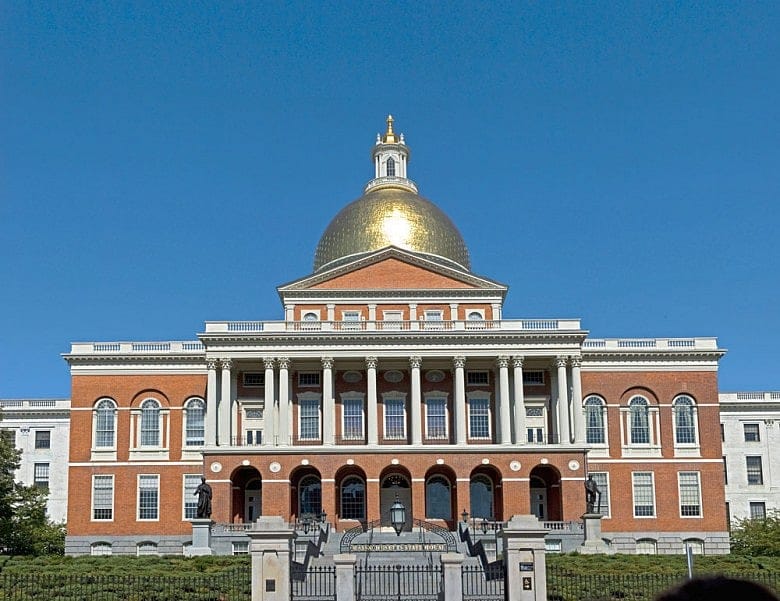Critics argue estate tax hits more than just the wealthy

STATE HOUSE — Proposed modifications to the Massachusetts estate tax system were described by supporters Tuesday as needed tools to help keep wealth in the state while also easing a burden on small business owners and working families.
Massachusetts collects a tax of up to 16 percent on qualifying estates over $1 million, a fee that reform proponents said during a legislative hearing has less impact on wealthy individuals who can move to another state or soften the blow by working with lawyers and planners.

